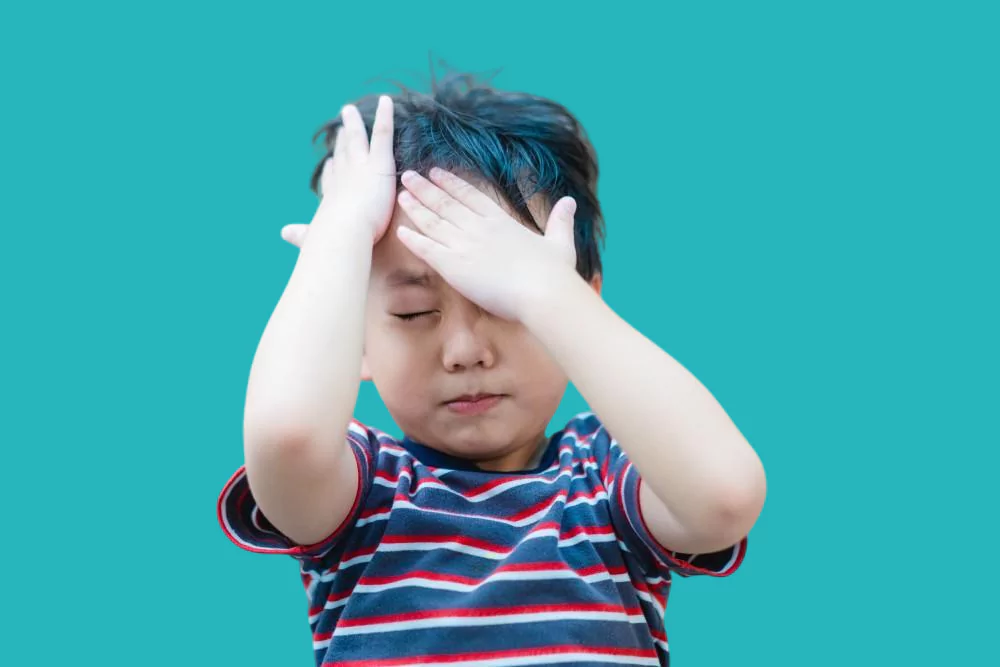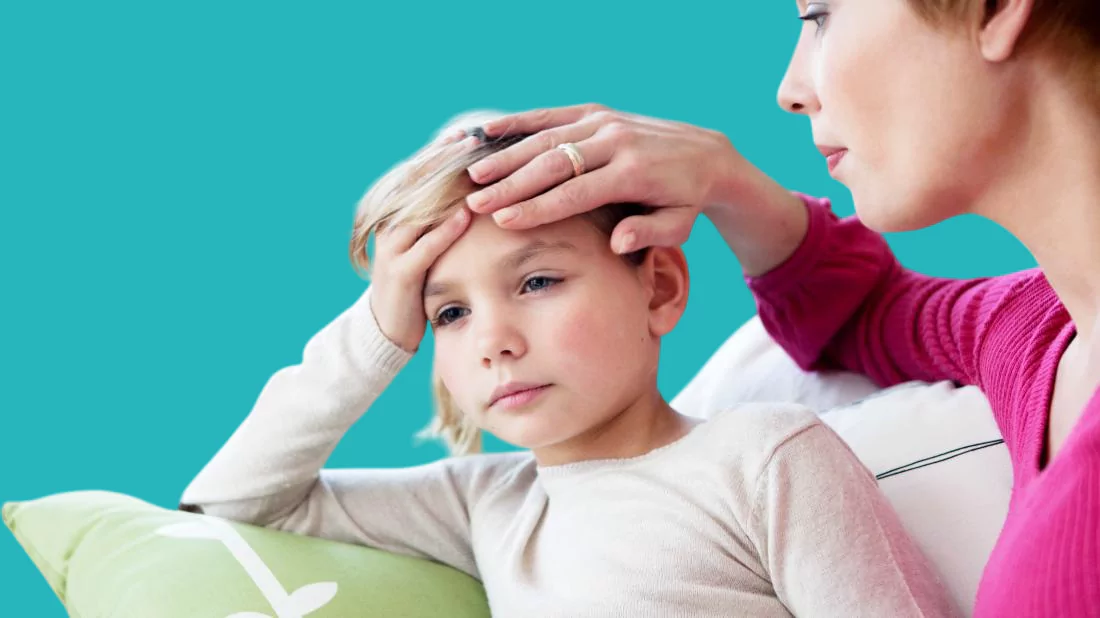Epilepsy is a chronic neurological disorder that causes recurrent episodes of abnormal electrical activity in the brain.
Parents may feel anxious when their child experiences a sudden seizure, so it's important to understand the nature of the condition, its causes, and its symptoms to help manage it safely and correctly.
What is epilepsy?
Epilepsy is a neurological condition that affects the central nervous system. It occurs when the brain sends irregular electrical signals, leading to temporary loss of consciousness, involuntary movements, or changes in behavior or sensation.
What are the causes of epilepsy in children?
There are several factors that can lead to a child developing epilepsy, including:
- Genetic factors: A family history of epilepsy increases the likelihood of developing it.
- Brain injuries: such as a lack of oxygen during birth or a head injury.
- Neurological infections: such as meningitis or viral encephalitis.
- Developmental disorders: such as autism or neurodevelopmental delay.
- Developmental abnormalities: These can occur from the fetal stage.
- High fever: In some cases, it can cause seizures similar to epilepsy in young children.
What are the symptoms of epilepsy in children?

Symptoms vary depending on the type of seizure, but they often include:
- Temporary loss of consciousness or staring into space.
- Involuntary movements of the face, hands, or legs.
- Sudden body convulsions.
- Changes in breathing or facial color during the seizure.
- Confusion or drowsiness after the seizure ends.
- Brief episodes of absentmindedness, where the child appears to be momentarily distracted.
Types of Epileptic Seizures
Epilepsy in children varies in severity and symptoms, and is classified into three main types:
- Generalized epilepsy: This involves the entire brain and often causes loss of consciousness and severe convulsions.
- Partial-focal epilepsy: This occurs in a specific area of the brain, and symptoms vary depending on the affected part.
- Absence seizures: These are mild and rapid, with the child staring unresponsive for a few seconds.
How is epilepsy diagnosed in children?

Diagnosis depends on several steps performed by the doctor, including:
- Taking a complete medical history from the parents.
- Conducting a comprehensive neurological examination.
- Performing an electroencephalogram (EEG) to determine the type of abnormal electrical activity.
- In some cases, a CT scan or MRI may be performed to detect any brain abnormalities.
Treatment of Epilepsy in Children
Treatment depends on the type and severity of seizures and includes:
- Antiepileptic medications: These are the primary treatment and reduce the frequency of seizures.
- Surgical treatment: In specific cases when seizures do not respond to medication.
- Ketogenic diet therapy: A high-fat diet helps control seizures.
- Psychological support and rehabilitation: To help the child adapt to their condition and continue their school and social life.
Can epilepsy be prevented?
It is not always preventable, but the risk of developing epilepsy can be reduced by:
- Avoiding head injuries by using a helmet when riding a bicycle.
- Maintaining close medical supervision during pregnancy and childbirth.
- Early treatment of nervous system infections.
- Regular follow-up if there is a family history of epilepsy.
When should you see a doctor?
You should see a doctor immediately if:
- The child has had a seizure for the first time.
- The seizure lasts more than 5 minutes.
- The seizures recur over short periods.
- The child loses consciousness for no apparent reason.
Can a child be cured of epilepsy?
Yes, some children outgrow their seizures with age, especially if they respond well to treatment.
Does epilepsy affect a child's intelligence?
No, epilepsy does not affect intelligence, but repeated seizures may temporarily impair concentration.
Does a child with epilepsy need special care at school?
It is best to educate teachers and classmates on how to handle a child during a seizure to ensure their safety.
Article Summary
Epilepsy in children is a disorder of the brain's electrical activity that causes recurrent seizures of varying severity and type.
Symptoms appear as convulsions, loss of consciousness, or unusual behavior. The cause is often genetic or the result of a brain injury.
The disease can be controlled with medication and appropriate treatment, along with regular follow-up with a doctor to ensure a normal and safe life for the child.